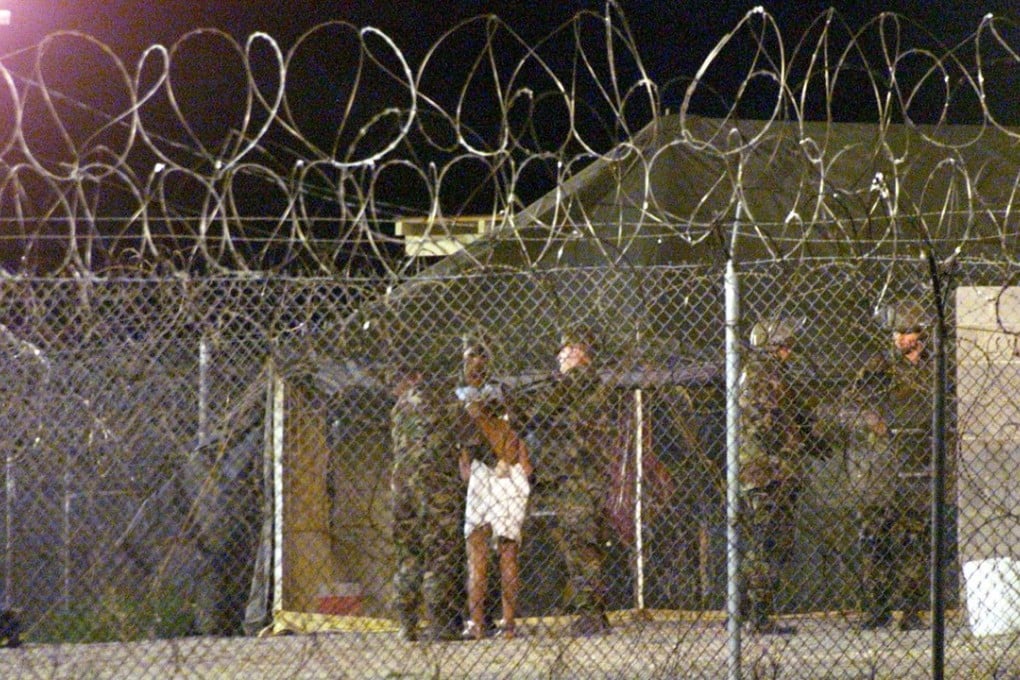Guantanamo Bay court debates how long statements extracted through torture are valid

When does torture taint testimony, and for how long? And what does the law covering the war court allow?
In legal arguments this week, the USS Cole case judge and prosecutor sparred over the fundamental issue yet to come at the national security trials of how to handle evidence taken after torture or other cruel treatment. And they reached no agreement.
Judge Vance Spath, an Air Force colonel, read aloud from a section of the Military Commissions Act of 2009 that legislated, “no statement obtained by the use of torture, cruel, inhumane, or degrading treatment, whether or not under the colour of law, shall be admissible in a trial by military commission”.
To which case prosecutor Mark Miller replied that the rule is “temporal”, basically time-limited, particularly involving statements from people other than the accused.
“In a sense what they are talking about there is, ‘Torture. Statement. Torture. Statement.’ All right?” the New Orleans assistant US attorney now working as a war court prosecutor advised the judge. “He was tortured today, he made the statement today; he was tortured today, he made the statement today. That’s what that particular statement is dealing with.”